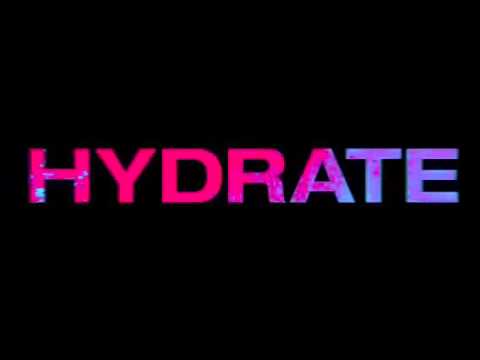
Drinking more water is not the answer for keeping you well hydrated
Now that it’s summer and most of us are sweating more, learning to properly hydrate is important. Re-hydrating with water doesn’t replenish the electrolytes lost in sweat, and drinking too much water can lead to hyponatremia, another form of water intoxication; this is when sodium levels in the body become too diluted.
Signs you’re drinking too much water
* If your urine is clear (should be straw color)
* Constantly going to the bathroom
* Swelling or discoloration in your hands, lips or feet
Hyponatremia (low sodium) Symptoms
* Dizziness
* Fatigue
* Thirst
* Nausea
* Headache
* Cramping
Low Electrolyte Symptoms
* Fatigue
* Weakness
* Twitching
* Muscle spasm
Dehydration Symptoms
* Fatigue
* Thirst
* Muscle cramps
* Headache
* Nausea
* Dark Urine
* Dry Mouth, Eyes, Skin
How do cells hydrate?
Water is absorbed into cells via electrolytes such as sodium. Traces of sodium in the bloodstream enter the cell and carry water molecules with it.
If we do not have the proper amount of electrolytes in the body our cells won’t get enough water.
What is an electrolyte?
Calcium, Chloride, Magnesium, Phosphorus, Potassium and Sodium. Not only do electrolytes help hydrate the body, it uses them to conduct electricity as well. Electrolytes become ions in solution and conduct electricity. The human body uses these ions for muscle contractions and transmission of nerve impulses.
Electrolyte Sources
* Electrolyte powder (I recommend Celtic Sea Salt Electrolyte powder)
* Coconut water
* Sport drinks (contain very high in sugar and food colorings)
* Athletes can use mineral supplements (CAL-AMO, Trace Minerals and B12)
* Make your own electrolyte solution
Electrolyte Solution Recipe
1/2 cup fresh orange juice
1/4 cup fresh lemon juice
2 cups filtered water or raw coconut water
2 tbsp organic honey or maple syrup
1/8 tsp Himalayan Pink Salt or Celtic Sea Salt (table salt does not contain vital trace minerals)
Work hard and sweat on!
Amanda Chalifour